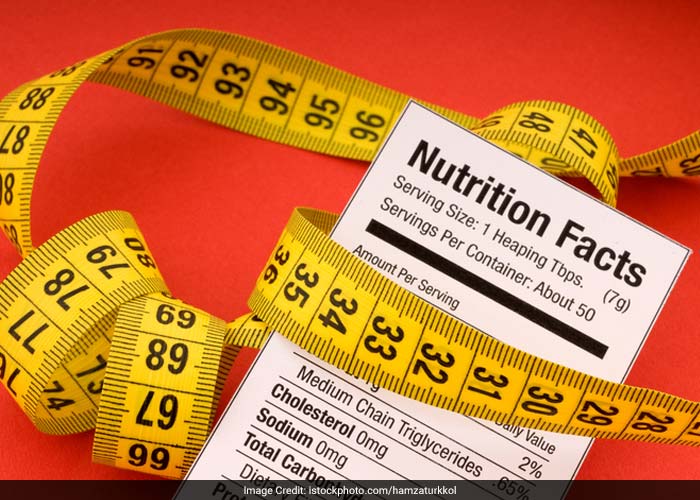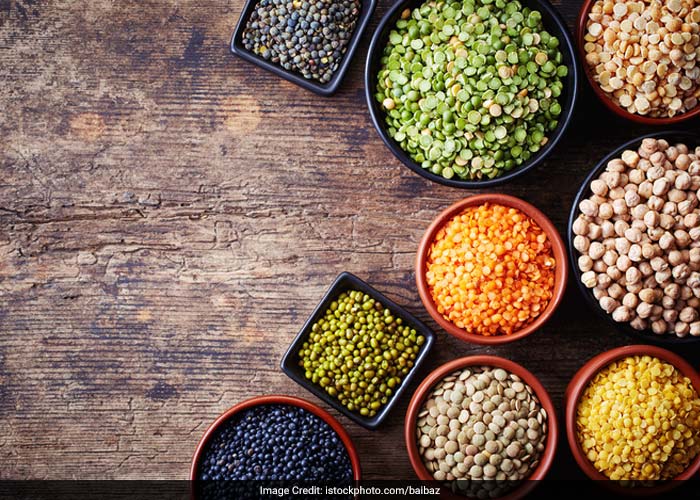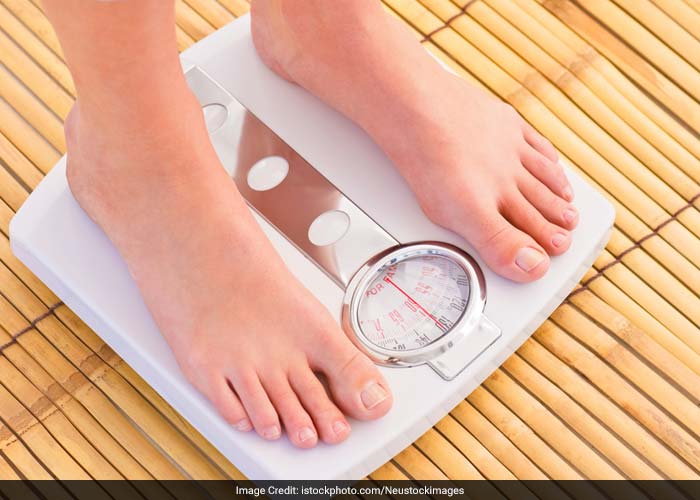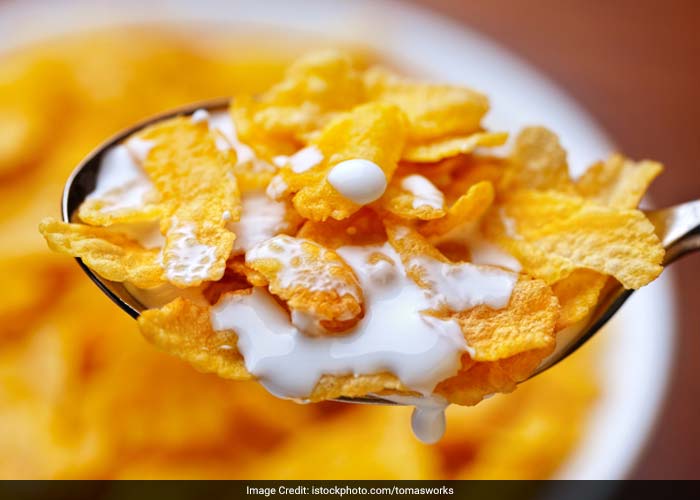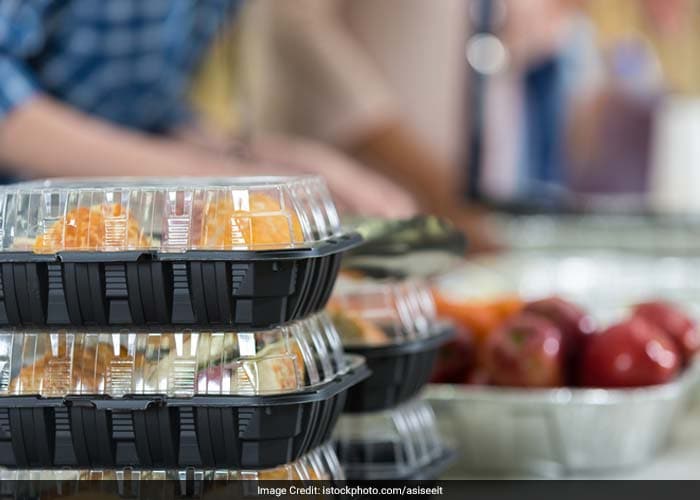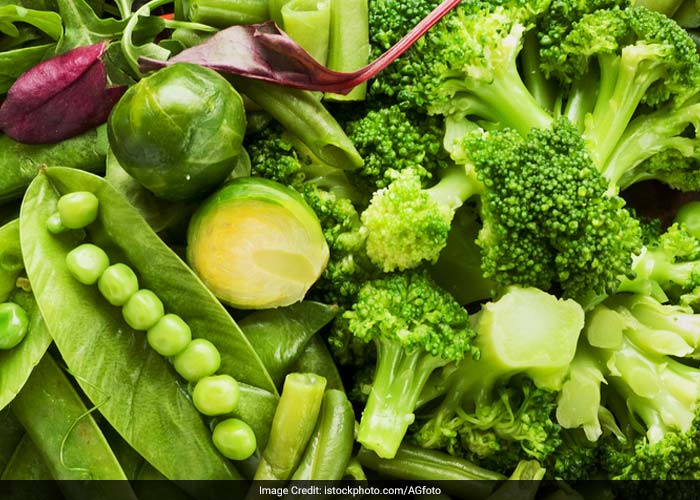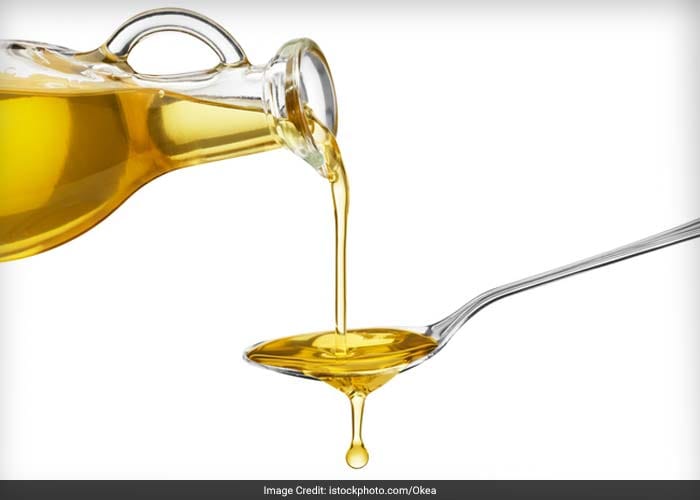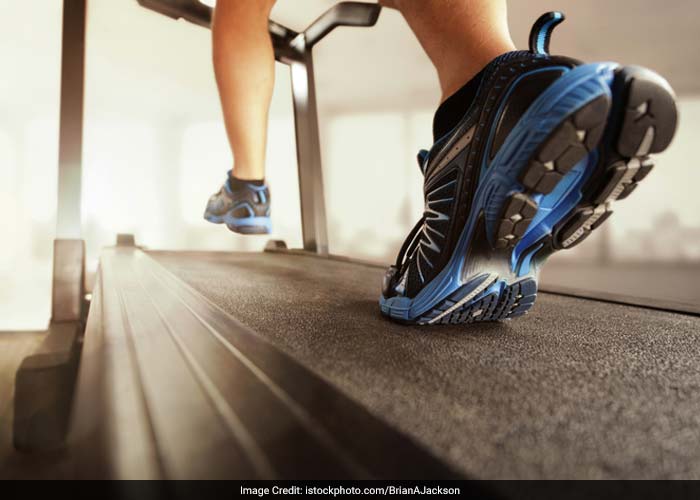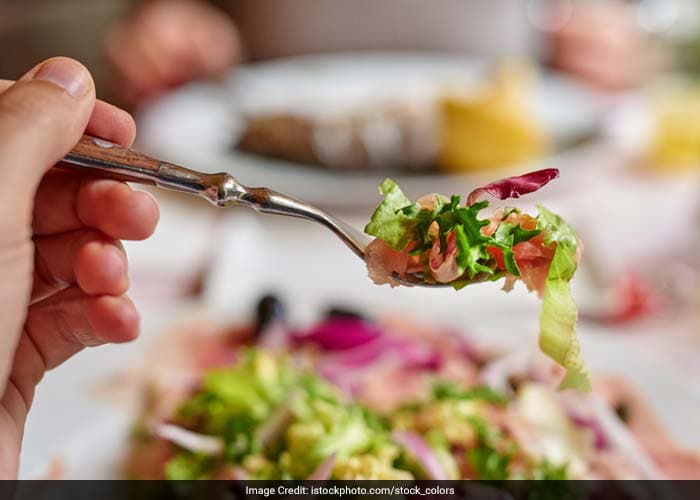Health Photos
-
Any diet that suggests going very low on fat is not healthy and will set you up for failure. The body was designed to store fat in times of famine. Cutting fat (and even calorie) intakes to extreme low levels will only cause your body to store all the calories it consumes as fat.
-
Eating diets with high protein levels and high fat can lead to muscle loss and not fat loss. You could be adding to your fat percentage with the loss of lean muscle.
-
It takes time to lose fat. How much time depends on how you go about it? The simple solution is to take in less calories, burn off more calories. There is absolutely no other way to do it for long term results.
-
Skipping meals or not eating enough calories will put the body in starvation mode. Eating several times a day actually stokes the metabolism to keep burning fat for fuel.
-
Avoid as much processed food as you can. Once your body adjusts to eating healthy it will actually require less food, it will adjust its calorie needs and less food will satisfy hunger.
-
Animal protein sources contain higher levels of fat than plant sources. Plants also contain fibre which is harder to digest. As it passes through your system, it takes some fat with it. Fibre gives a feeling of fullness that lowers cravings and blood cholesterol.
-
Healthy oils contain more omega-3 fatty acids, which help reduce inflammation in the body and increase heart health. Try eating cold water fish, as well as nuts like flaxseed.
-
While food is a big part of the equation, exercise increases the amount of calories you burn. When the body is filled with wholesome foods, the body will use stored fat to burn for energy, thus reducing your total body fat.
-
Speed up the metabolism by increasing meal frequency. Instead of eating 2 - 3 meals per day, try eating 4 - 5 small meals per day, or 3 meals and 2 healthy snack meals. Food substitutions can help tremendously when trying to reduce calories and speed up the metabolism.


